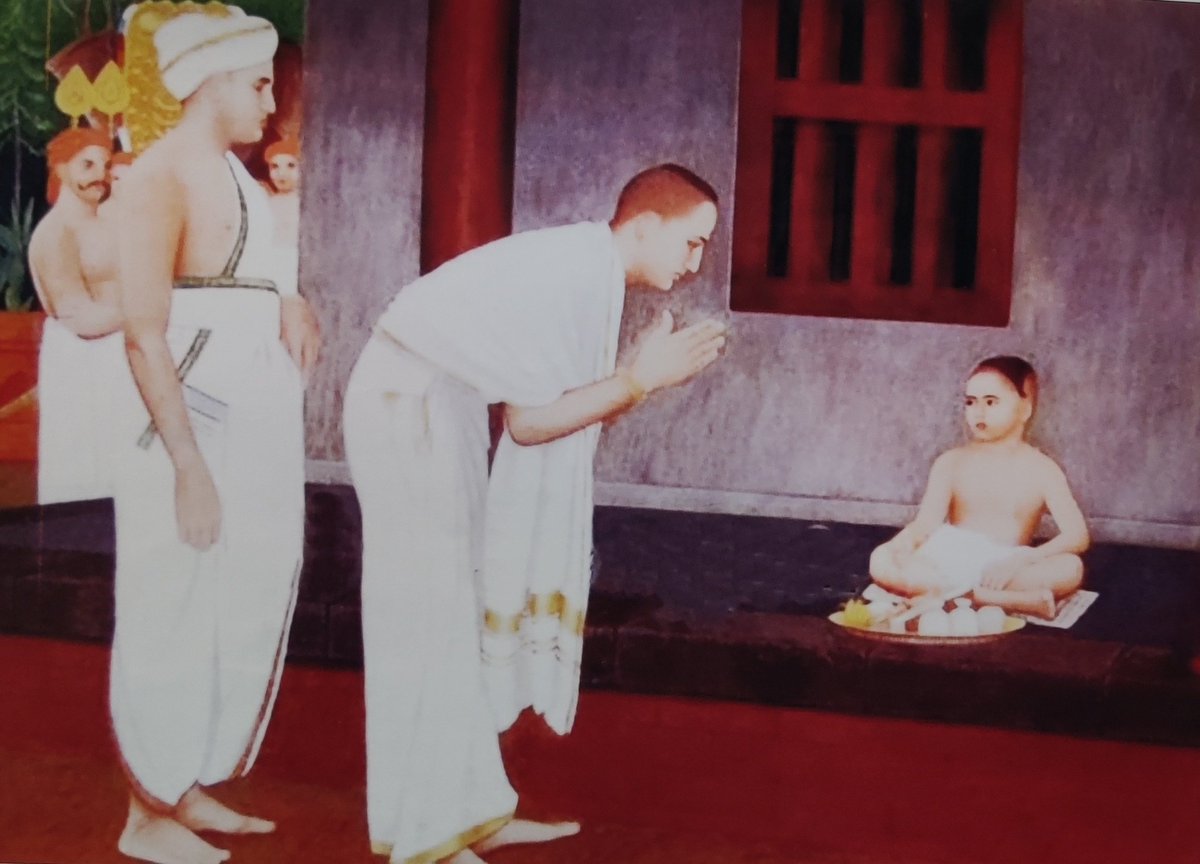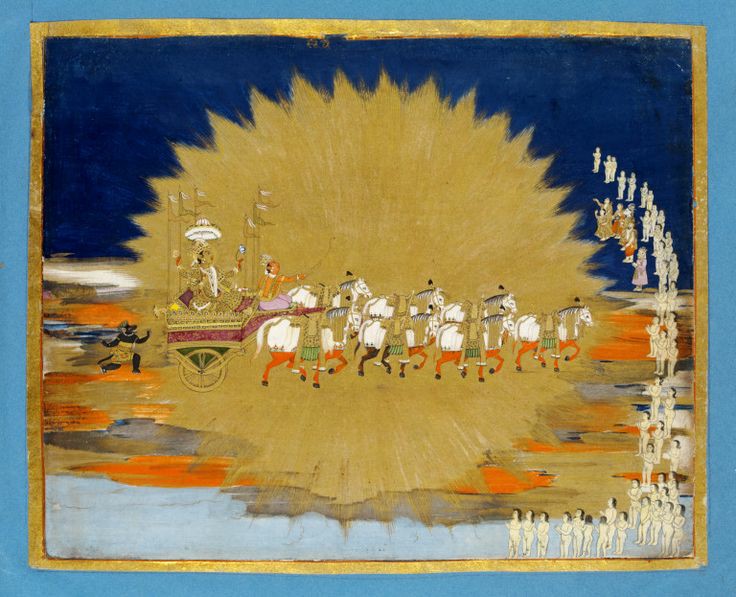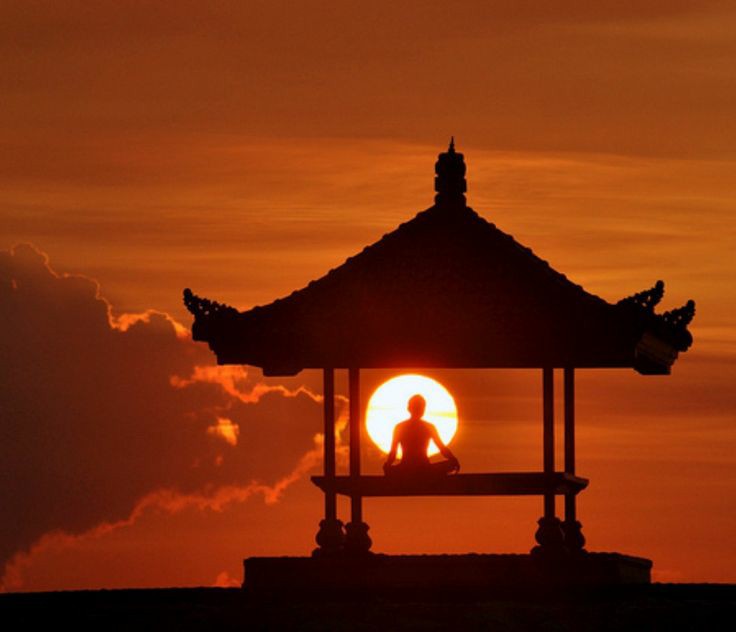
à Tribute to Mother!
।। मातृ देवो भव:।।
Worshipping God as Mother & Mother as God has been an inherent part of Sanātana Culture.
It has been our unbroken living traditions in which the ideals of universal divinity seamlessly transcend physically as our personal Mother.
#Thread
।। मातृ देवो भव:।।
Worshipping God as Mother & Mother as God has been an inherent part of Sanātana Culture.
It has been our unbroken living traditions in which the ideals of universal divinity seamlessly transcend physically as our personal Mother.
#Thread

नास्ति मातृसमा छाया नास्ति मातृसमा गतिः।
नास्ति मातृसमं त्राणं नास्ति मातृसमा प्रपा॥
There is no shade like a mother, no resort-like a mother, no security like a mother, no other ever-giving fountain of life!
{Skanda Purana Mo. Ch. 6.103-104}

नास्ति मातृसमं त्राणं नास्ति मातृसमा प्रपा॥
There is no shade like a mother, no resort-like a mother, no security like a mother, no other ever-giving fountain of life!
{Skanda Purana Mo. Ch. 6.103-104}


हस्तस्पर्शो हि मातृणामजलस्य जलांजलि: ।
The touch of a mother's hand is like the handful of water for one in want of it.
सहस्त्रं हि पितुर्माता गौरवेणातिरिच्यते ।
In importance mother excels father a thousand times .
The touch of a mother's hand is like the handful of water for one in want of it.
सहस्त्रं हि पितुर्माता गौरवेणातिरिच्यते ।
In importance mother excels father a thousand times .

आपदामापन्तीनां हितोऽप्यायाति हेतुताम् ।
मातृजङ्घा हि वत्सस्य स्तम्भीभवति बन्धने ॥
When calamities befall, even a wellwisher becomes a cause of them.
It is the leg of the mother that serves as the pillar for tying the calf.
{Hitopadesha 1.30}
मातृजङ्घा हि वत्सस्य स्तम्भीभवति बन्धने ॥
When calamities befall, even a wellwisher becomes a cause of them.
It is the leg of the mother that serves as the pillar for tying the calf.
{Hitopadesha 1.30}

उपाध्यायान् दशाचार्य आचार्याणां शतं पिता ।
सहस्रं तु पितॄन् माता गौरवेणातिरिच्यते ॥ १४५ ॥
In veneration, the Preceptor excels ten Sub-teachers; the Father a hundred preceptors, and the Mother a thousand Fathers.
{Manusmruti 2.145 :}
सहस्रं तु पितॄन् माता गौरवेणातिरिच्यते ॥ १४५ ॥
In veneration, the Preceptor excels ten Sub-teachers; the Father a hundred preceptors, and the Mother a thousand Fathers.
{Manusmruti 2.145 :}

नास्ति गङ्गासमं तीर्थं
नास्ति विष्णुसमः प्रभुः।
नास्ति शम्भुसमः पूज्यो
नास्ति मातृसमो गुरुः॥
गंगाजी के समान कोई तीर्थ नहीं, विष्णु के समान प्रभु नहीं और शिव के समान कोई पूज्य नहीं और माता के समान कोई गुरु नहीं।
नास्ति विष्णुसमः प्रभुः।
नास्ति शम्भुसमः पूज्यो
नास्ति मातृसमो गुरुः॥
गंगाजी के समान कोई तीर्थ नहीं, विष्णु के समान प्रभु नहीं और शिव के समान कोई पूज्य नहीं और माता के समान कोई गुरु नहीं।

नास्ति चैकादशीतुल्यं
व्रतं त्रैलोक्यविश्रुतम्।
तपो नाशनात् तुल्यं
नास्ति मातृसमो गुरुः॥
एकादशी के समान त्रिलोक में प्रसिद्ध कोई व्रत नहीं, अनशन से बढकर कोई तप नहीं और माता के समान गुरु नहीं!
व्रतं त्रैलोक्यविश्रुतम्।
तपो नाशनात् तुल्यं
नास्ति मातृसमो गुरुः॥
एकादशी के समान त्रिलोक में प्रसिद्ध कोई व्रत नहीं, अनशन से बढकर कोई तप नहीं और माता के समान गुरु नहीं!

आराधनीया परमा
दया शान्तिः क्षमा धृतिः ।
स्वाहा स्वधा च गौरी च
पद्मा च विजया जया ॥
आराधनीया, परमा, दया , शान्ति , क्षमा, धृति, स्वाहा , स्वधा, गौरी , पद्मा, विजया , जयाI
दया शान्तिः क्षमा धृतिः ।
स्वाहा स्वधा च गौरी च
पद्मा च विजया जया ॥
आराधनीया, परमा, दया , शान्ति , क्षमा, धृति, स्वाहा , स्वधा, गौरी , पद्मा, विजया , जयाI

माता धरित्री जननी
दयार्द्रहृदया शिवा ।
देवी त्रिभुवनश्रेष्ठा
निर्दोषा सर्वदुःखहा॥
माता, धरित्री , जननी , दयार्द्रहृदया, शिवा, देवी , त्रिभुवनश्रेष्ठा, निर्दोषा, सभी दुःखों का नाश करने वाली है!

दयार्द्रहृदया शिवा ।
देवी त्रिभुवनश्रेष्ठा
निर्दोषा सर्वदुःखहा॥
माता, धरित्री , जननी , दयार्द्रहृदया, शिवा, देवी , त्रिभुवनश्रेष्ठा, निर्दोषा, सभी दुःखों का नाश करने वाली है!


आस्तां तावदियं प्रसूतिसमये दुर्वारशूलव्यथा
नैरुच्यं तनुशोषणं मलमयी शय्या च सांवत्सरी ।
एकस्यापि न गर्भ-भार-भरण-क्लेशस्य यस्याः क्षमो
दातुं निष्कृतिमुन्नतोऽपि तनयः तस्यैः जनन्यै नमः ।।
{मातृपञ्चकम् - Sri Adi Śaṅkarācārya}
The acute irrepressible pain endured by the mother at the
नैरुच्यं तनुशोषणं मलमयी शय्या च सांवत्सरी ।
एकस्यापि न गर्भ-भार-भरण-क्लेशस्य यस्याः क्षमो
दातुं निष्कृतिमुन्नतोऽपि तनयः तस्यैः जनन्यै नमः ।।
{मातृपञ्चकम् - Sri Adi Śaṅkarācārya}
The acute irrepressible pain endured by the mother at the

time of delivery, the distaste towards food and the resulting emaciation of the body during pregnancy, the year-long period after delivery, during which the bed was dirtied by the baby – let all these be. But the suffering that the mother endures in carrying the weight of the 

foetus throughout pregnancy, can never be compensated the least by a son, even if he is great and famous.
Salutations to that mother.
Salutations to that mother.

मातृदेवीम नमस्तुभ्यं मम जन्मदात्रिम त्वम् नमो नमः ।
बाल्यकाले मां पालन कृत्वा मातृकाभ्यो त्वम् नमाम्यहम ॥
I salute my mother who gave me birth; I also salute my other mothers (women) who added knowledge and wisdom to my actions and life to make me a good human being.
बाल्यकाले मां पालन कृत्वा मातृकाभ्यो त्वम् नमाम्यहम ॥
I salute my mother who gave me birth; I also salute my other mothers (women) who added knowledge and wisdom to my actions and life to make me a good human being.

II मातृ देवो भव् II
When we study our ancient scripture, we realize that there is profound respect given to mother and women in general. So, read the original scripture to know yourself.
When we study our ancient scripture, we realize that there is profound respect given to mother and women in general. So, read the original scripture to know yourself.

When you look at your mother, you are looking at the purest love you will ever know.
सर्वतीर्थमयी माता ~Mother is (the embodiment) of all pilgrimages!🙏
सर्वतीर्थमयी माता ~Mother is (the embodiment) of all pilgrimages!🙏

@RituRathaur @jananisampath @ikkmurugan @Mishti_in @shallakaul @youngndharmic @BeenaPP1 @first_desi @ThtKashmiriGuy @KashmiriPandit7 @jyotikarma7
@aneelgs @slickindo @vparamaguru1 @armykafan @jyoitas
@sampadamishra
@anku_5789 @tiwarinivedita
@rutuja_dharma
@aneelgs @slickindo @vparamaguru1 @armykafan @jyoitas
@sampadamishra
@anku_5789 @tiwarinivedita
@rutuja_dharma
@pawan_aflatoon @shivanikdmishra @garhdesha @vinay80402332 @pawan491 @mohanshobitha @vishneswarR @nks10010 @nidhi_delhi @shaliniviews @nsspramod
@krishnadharma
@dharma_ramani @madhvahistory @rajeaiyer @bhat200
@RamFcSoni
@chalotweetkaro
@adityar96542358 @rajeshpushkarji
@krishnadharma
@dharma_ramani @madhvahistory @rajeaiyer @bhat200
@RamFcSoni
@chalotweetkaro
@adityar96542358 @rajeshpushkarji
@besurataansane
@BangadVedant @Manasi71 @IndiaTales7 @BharadwajSpeaks
@BharathiKumar4 @Murthy_sowjanya @jaythirdattempt @i_ragvendra @tvitterministry @moolyacoin @krishna76435679 @katti_mohan
@BangadVedant @Manasi71 @IndiaTales7 @BharadwajSpeaks
@BharathiKumar4 @Murthy_sowjanya @jaythirdattempt @i_ragvendra @tvitterministry @moolyacoin @krishna76435679 @katti_mohan
@bharatiyaseeker
@saugatachaterje
@DeepaShree_AB
@Kaalateetham @priya_27_
@apparrnnaa @DivineElement @vedic_alok
@ajaypshetty
@oneternalvigil
@goldenthrust
@priyamvada22s @paperrose3k @_myselfjolly @ushanirmala @rudraashiv @pranitasubhash @bangadvedant @VamseeJuluri
@saugatachaterje
@DeepaShree_AB
@Kaalateetham @priya_27_
@apparrnnaa @DivineElement @vedic_alok
@ajaypshetty
@oneternalvigil
@goldenthrust
@priyamvada22s @paperrose3k @_myselfjolly @ushanirmala @rudraashiv @pranitasubhash @bangadvedant @VamseeJuluri
• • •
Missing some Tweet in this thread? You can try to
force a refresh
















